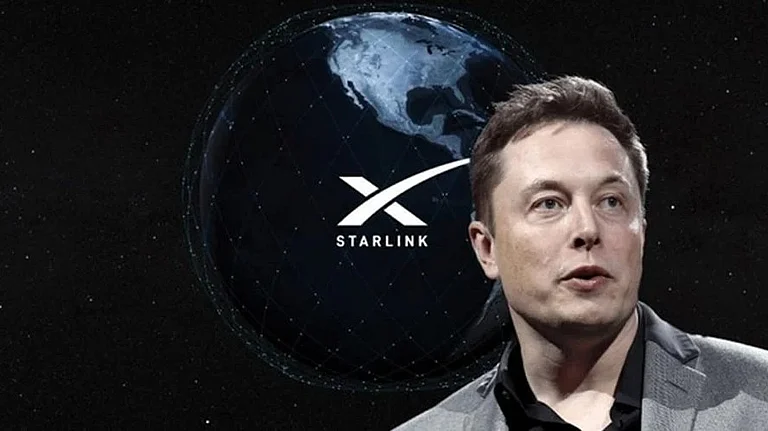
Govt approves Starlink’s entry into India with a Unified License after agreeing to strict data security and localisation rules
Starlink must set up earth station gateways in India, ensuring no Indian user data is routed, copied, or mirrored abroad
Approval followed DoT clearance based on TRAI recommendations on spectrum and pricing
Govt calls satellite broadband an emerging sector, expected to create jobs in installation, operations, and maintenance
The government has cleared Elon Musk-led Starlink’s entry into India’s satellite broadband market, granting the company a Unified License (UL) after it agreed to comply with strict data security norms and domestic operational requirements, Minister of State for Communications Pemmasani Chandra Sekhar confirmed.
Under the license, Starlink is required to set up earth station gateways within India, ensuring that all satellite-to-user communication is routed domestically. The rules bar the company from copying or decrypting Indian user data overseas and prohibit mirroring traffic to servers located outside the country.
"The security conditions, inter-alia, include the establishment of earth station gateway in India for providing satellite-based communication services with no user traffic originating from or destined for India to be routed through any gateway located outside India, no copying and decryption of the Indian data outside the country, and the Indian user traffic is not to be mirrored to any system/server located abroad," the minister said.
DoT Nod After TRAI Input
The Department of Telecommunications (DoT) issued the license following Starlink’s acceptance of the terms. Earlier this year, the Telecom Regulatory Authority of India (TRAI) had submitted its recommendations on spectrum allocation and pricing for satellite-based services, which guided the approval process.
Calling satellite broadband an emerging sector, the minister said the move could generate new employment opportunities. Jobs are expected across installation, operation, and maintenance of telecom networks, as well as user terminal equipment.
With Starlink’s entry, India is set to see intensified competition in the satellite internet space, alongside other players eyeing rural and remote connectivity markets.
Emerging Sector
Positioning satellite connectivity as a sunrise segment, the government expects the rollout to generate employment across installation, operation and maintenance of networks, as well as deployment of user terminals. The emphasis on in-country gateways is also poised to spur associated infrastructure investments.
With regulatory approval in place, Starlink will still need spectrum assignment and to operationalise its Indian gateways before commercial launch. The data-sovereignty safeguards signal the policy framework under which all satellite internet players will have to operate in India.


































